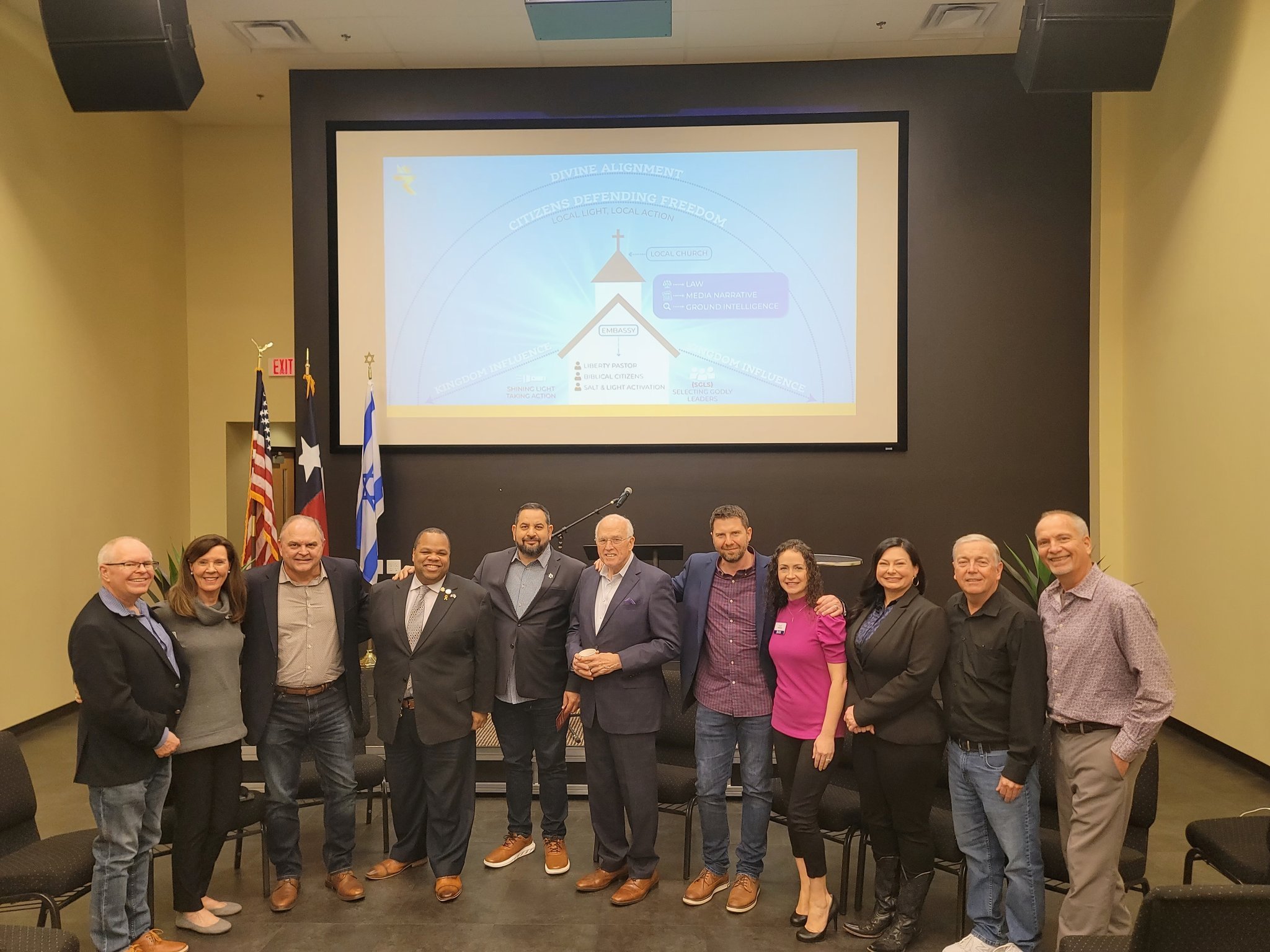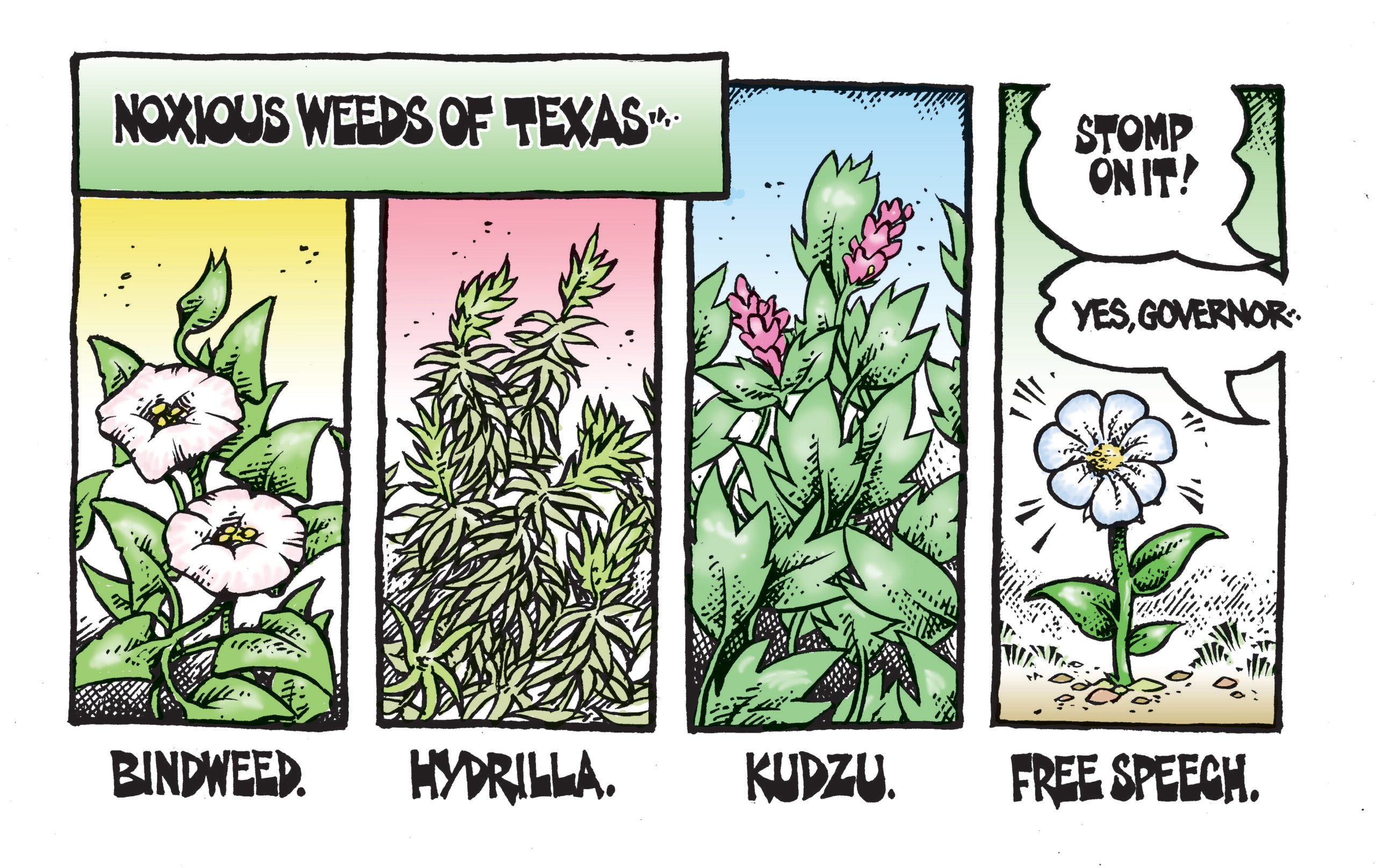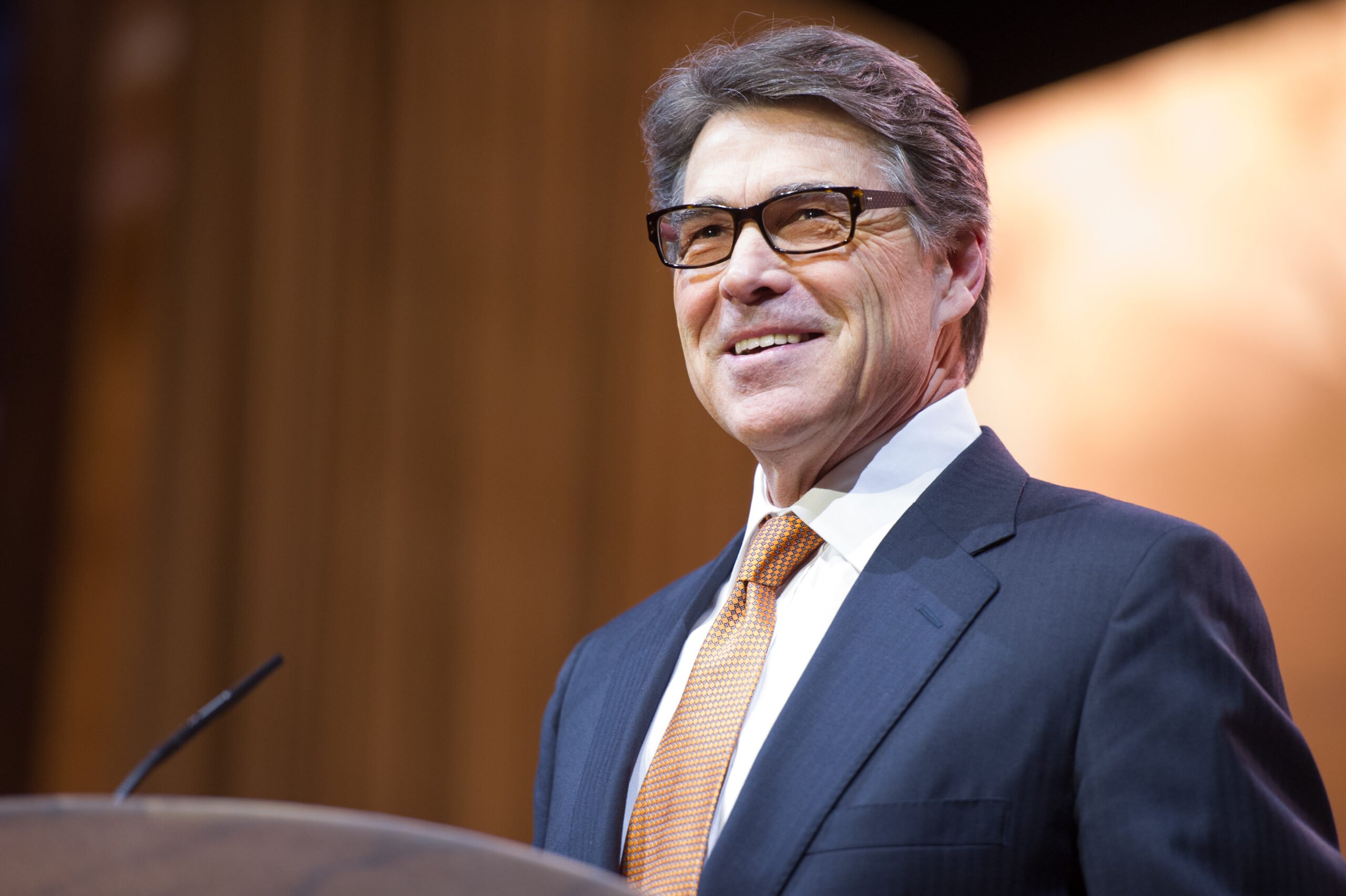ustxtxb_obs_1991_10_04_50_00016-00000_000.pdf
Page 19
Sound Transportation Means Lifeblood to Nation by Senator Paul Simon Back in 1966, Senator Claiborne Pell of Rhode Island wrote a book with the awkward title, Megalopolis Unbound. It did not become a best seller, but its basic message is as timely today as then that the United States needs a more balanced transportation policy. We assume that if we simply let the free market system operate, with certain minimum constraints, the net result will be good for the traveling public. To a great degree that is true. But we have also learned that we went too far in airline deregulation. We should not go back as far as we were before deregulation, but we should not continue to let the fate of airline service for a community be at the whim of some financial baron or dictated by monopoly control of air hubs. We should not let the economics of an airline deteriorate to the point that corners are cut on safety. Another example: There is some talk and research on electric automobiles, but progress is slow. It is not a high priority. I’ve introduced legislation to permit anyone who buys an electric car after January 1, 1994, to be able to deduct on his or her income taxes one-fourth of the cost of the purchase. Electric cars would not only improve air quality; they would conserve energy too. If only one percent of the cars sold were electric cars, it would save 60,000 barrels of imported oil a day. if my bill should pass, consumer interest in electric cars will grow, and car manufacturers will increase research dramatically. Part of the imbalance of transportation policy is that we do far too little to encourage mass transit in metropolitan areas and too little to encourage passenger train service between cities. Of the 11.5 cents of federal gasoline tax that goes to transportation, only 1.5 cents goes to address transit needs, the remainder for highways. No assured source of funding yet exists to address the nation’s passenger railroad needs. Japan has had high-speed rail service since 1964 twenty-seven years ago! In a few years, the United States might have it in the Dallas-Fort Worth area, but we should be planning for Chicago to St. Louis, New York to Washington, Los Angeles to San Francisco, and many other regions. Even the present method of rail passenger service came close to disappearing, and might have, if not for vigilant railroad passenger advocates who lobbied Congress hard to preserve Amtrak. And now Amtrak not only survives, it is growing healthier, and more and more Americans ,are learning the pleasures and the efficiency of railroad travel. But why should someone in a rural area, far from any railroad service and far from big city mass transit, support these? First, because we are an interdependent society. Just as city people should support farm programs, rural people should support urban programs. Eventually the improved status of either helps the other. Second, if people in metropolitan areas do not have the good mass transit systems they need to go to work, they take their cars, and more cars, and more cars. More highways will have to be built, taking money that might otherwise be used for rural roads and bridges. Third, the more we use mass transit and railroads, the less air pollution our nation and our planet will have. That helps all of us. The nation cannot drift into a healthy, balanced transportation policy any more than we can drift into a healthy, balanced education policy. Aimless drifting will satisfy our current appetites, but it will not satisfy our long-range needs. Democrat Paul Simon is a U.S. Senator from Illinois. 16 OCTOBER 4, 1991


